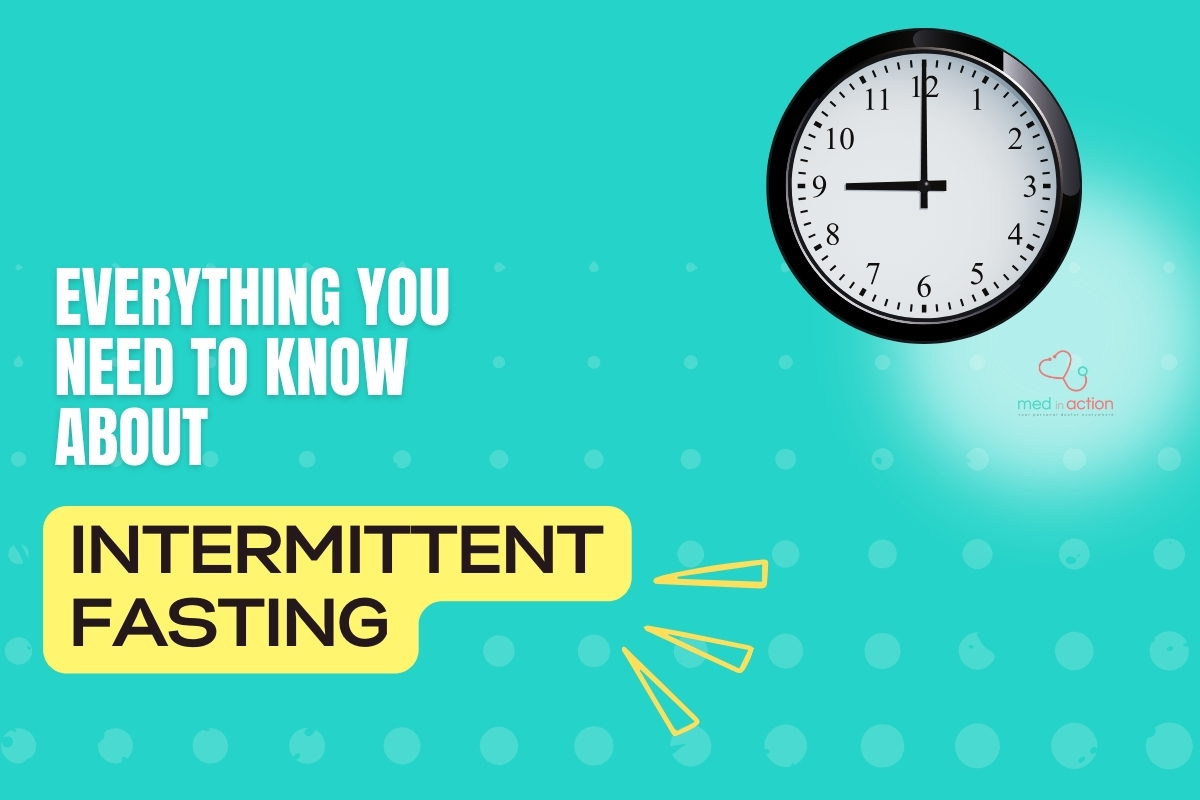Symptoms and Treatments for Mental Illness
You’ve probably heard the words ‘mental health’ over and over since the COVID-19 pandemic, but it is important now more than ever to check in on yourself and learn about what mental health means to you. The World Health Organization asserts that mental health is “a state of mental well-being that enables people to cope with the stresses of life, realize their abilities, learn well and work well, and contribute to their community”. Having good mental health may allow you to tackle each and every day, using effective coping strategies when faced with challenges. While if you’re struggling with your mental health, that could look like continuous negative feelings with what seems like no way out.
Even if it might seem like you are alone in your struggles, there are many resources to learn about and improve your mental health. Just like physical health, it is important to address how you are feeling and act on it when something seems wrong.

Recognizing symptoms of mental distress
Mental distress can look different for every individual, however here are some common symptoms that may experienced:
- Feeling sad or down
- Excessive fears, worries, or feelings of guilt
- Extreme mood changes
- Withdrawal from friends or usual activities
- Low energy, severe exhaustion, problems sleeping
- Problems with alcohol or drug use
- Significant changes in eating habits
- Sex drive changes
- Suicidal thinking
Mental health treatment: Self-Help
If you conclude that you may be experiencing these symptoms on a mild level, there are some individual changes you can make on your own to work on improving your mental health status. Exercise poses many benefits for the mind and body, and things like going for a walk can get you outdoors! Being in the sun and walking among nature has proven many benefits for overall mood. Taking time for yourself is also important when experiencing any kind of mental distress. That could look like having your own “self-care” day or even taking yourself on a lunch date. Some other simple activities include spending time with friends or family, writing down things you are grateful for, and planning ahead to get a good night’s rest. These are all easy ways to boost your mental health and make you feel more energetic about life.

Mental Health Treatment: Professional
Experiencing these symptoms on a more severe level may be cause to seek professional treatment. Therapy that is guided by a counselor or mental health professional can be highly effective in working through mental issues. Counseling and psychotherapy are two types of therapy differentiated by the specific situation and goal of the individual seeking treatment.
Counseling refers to short-term therapeutic work aimed at helping the individual to find their strengths and develop their internal resources to better cope with challenges or life changes. People may benefit from this specific kind of therapy if they are feeling overwhelmed or stressed, have sleep difficulties, relationship troubles, or moderate emotional distress relating to life changes. Big life changes could include a new job, moving, a health diagnosis, or the loss of a loved one.
Psychotherapy is typically reserved for persistent emotional difficulties and chronic patterns of mental distress. This requires a more long-term commitment to achieve a change in mindset and improve the mental state. Feeling consistently demoralized or sad for a prolonged period of time, having anxiety or panic attacks, or having substance dependence and abuse issues, could suggest that you may benefit from psychotherapy treatment.
Benefits of Seeking Treatment
From dealing with stress related to work, school or life changes, adjustment difficulties, recent relationship or family-related issues, or health problems, counseling can help you manage and improve your well-being in four main ways:
- By providing a non-judgmental and empathic environment to talk about your worries and experiences
- By helping you learn more about yourself and your coping styles
- By learning new strategies to better manage negative emotions, difficult situations and exploring a different way of thinking, feeling, and behaving
- By promoting positive well-being and improve quality of life through healthy behaviors and stress-reduction
Where to find help near you
In an emergency situation in which you are having suicidal thoughts or intend to harm yourself in any way, call the international emergency number 112. This is an excellent resource to be able to speak with someone about what is going on in a tense situation. You can also visit the nearest public hospital emergency department if you do not have access to a cell phone. In a non-emergency situation, there are many online resources offering therapy services for those that would like treatment. Many schools also offer free services for students, so it is important to check with them as well. Here are some suggested resources below that may be helpful in searching for the right mental health services for you.
MedinAction
Counseling Skype/ FaceTime Sessions with a Psychologist
Please contact MedinAction for price Inquiries / Direct Billing options
Telephone/ Whatsapp: +39 375 572 4686
Email: info@medinaction.com
Samaritans
Free confidential emotional support/ Trained volunteers
Telephone: +44 117 983 1000
Email: jo@samaritans.org
Website: https://www.samaritans.org/




